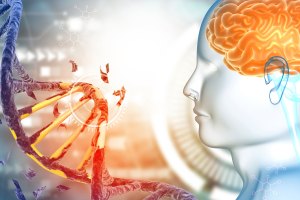Health
-

Social media detox boosts mental health, but nuances stand out
‘Wildly different reactions’ among participants, says researcher
-
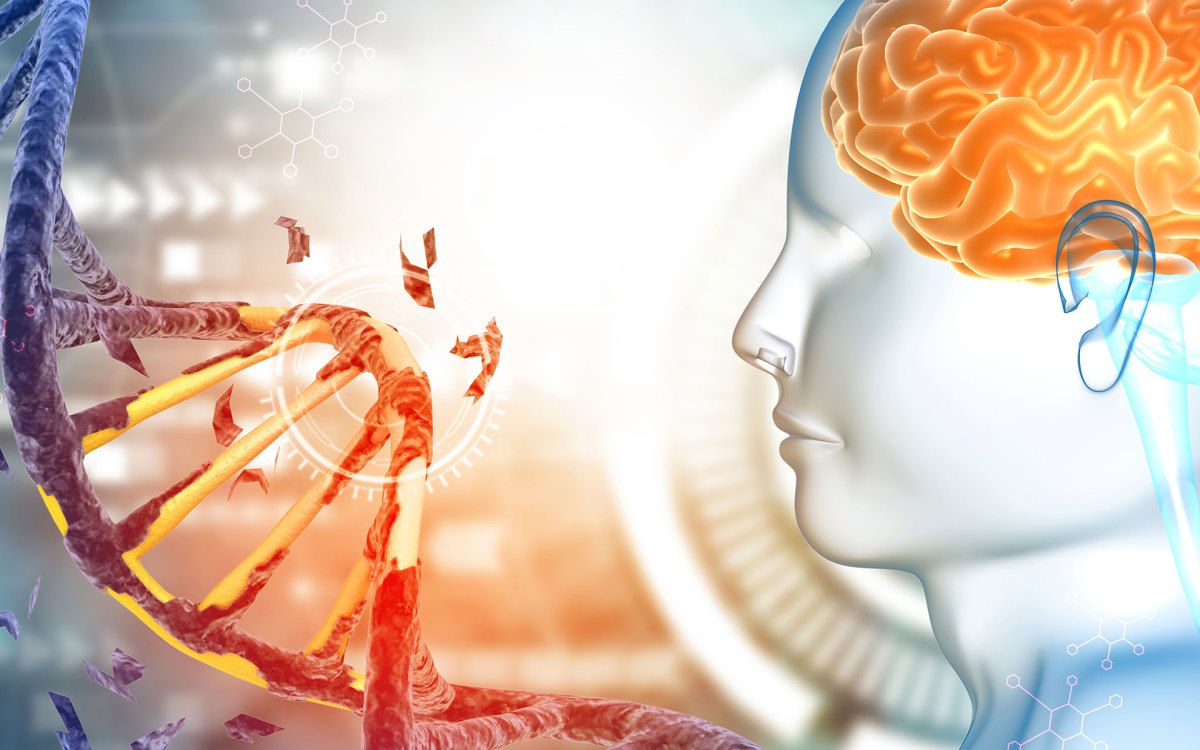
New research finds 5 genetic signatures shared by 14 psychiatric disorders
Could advance treatment of mental illness with greater precision, less medication

-

Break in the case for long COVID investigators
Research highlighting chronic inflammation opens path to treating illness that affects millions of Americans

-

The problem with the school smartphone debate
Study finds most districts already regulate devices. Is the real issue enforcement?

-
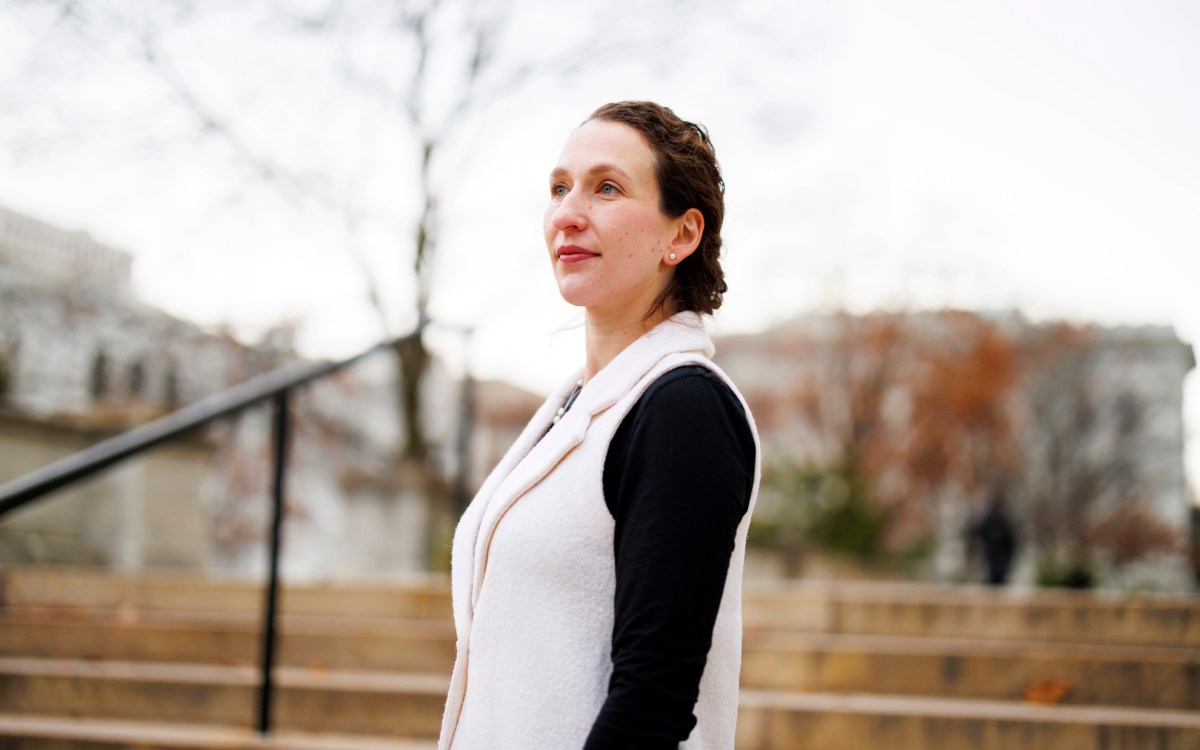
Just who gets a say at FDA public drug-approval hearings?
New research shows negative voices are relatively rare in drug approval hearings.
-
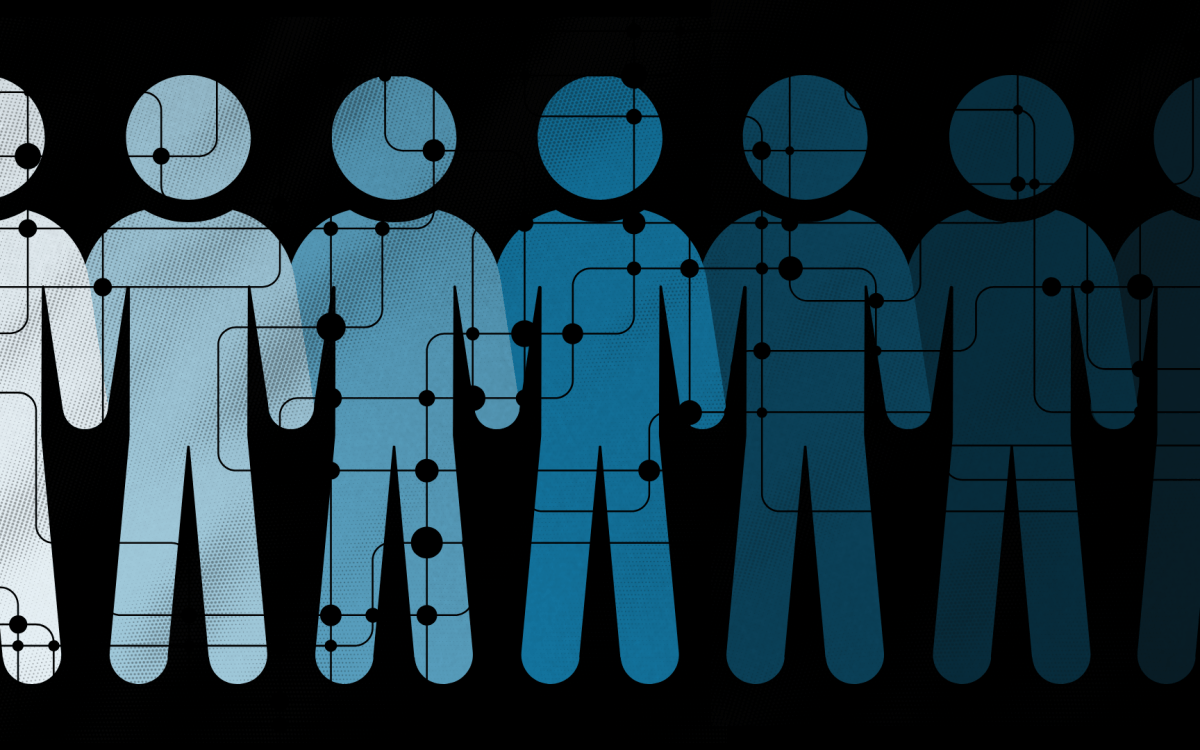
Your digital twin might save your life
AI, statistics offer new possibilities for personalized medicine
-
Are new weight-loss drugs the answer to America’s obesity problem?
Some doctors call them a godsend, particularly as part of wider treatment plan; others warn against halting research into root causes of obesity.
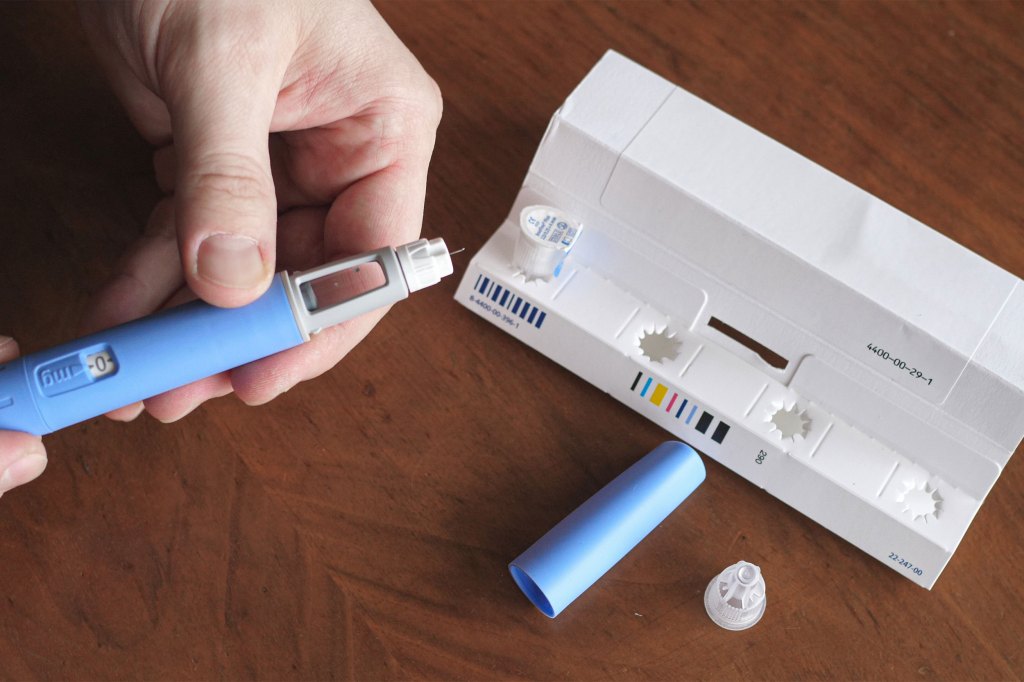
-
The social life of a dermatologist
It might be jarring when a friend, or complete stranger, pulls down their shirt while you’re trying to eat dinner. It’s also an opportunity.
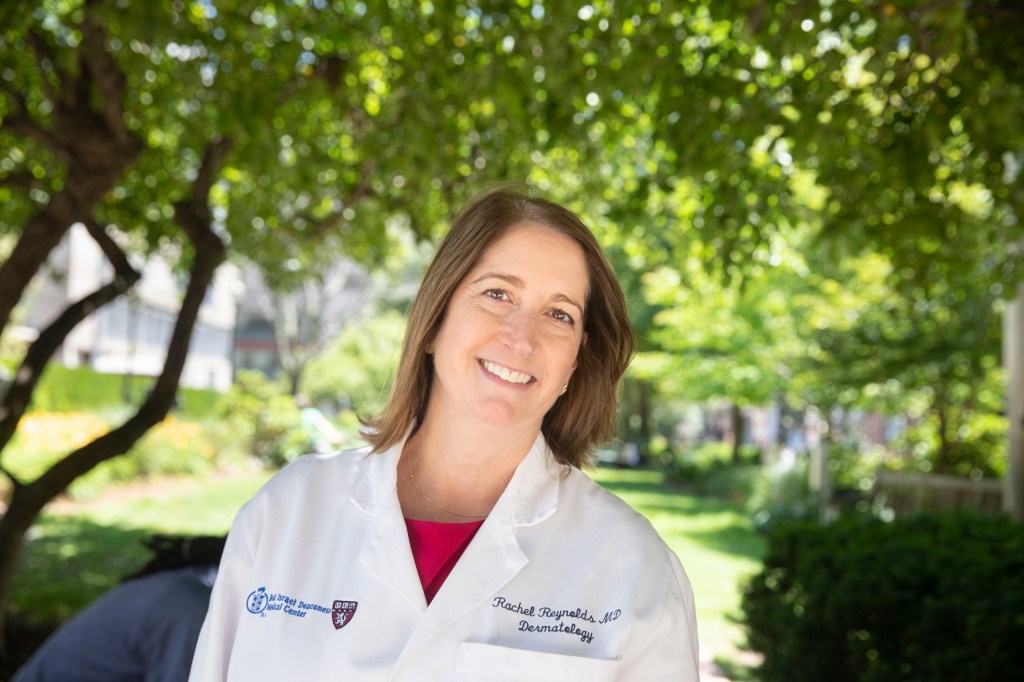
-
Seem like Lyme disease risk is getting worse? It is.
The risk of Lyme disease has increased due to climate change and warmer temperature. A rheumatologist offers advice on how to best avoid ticks while going outdoors.

-
Another study links omega-3s and health
Alpha-linolenic acid — an omega-3 fatty acid found in many nuts, seeds, and oils — showed the strongest link to slowing the progression and premature death of people living with ALS.

-
Feeling anxious? Stuck? Problem is psychological avoidance
In her new book, professor of psychiatry Luana Marques says that too many mistake symptoms for underlying problem

-
More evidence moderate drinking is good for your heart. Also: a reason.
A new study offers an explanation for why light to moderate alcohol consumption may be associated with lower risk of heart disease.

-
Your memory might benefit from a multivitamin
Can a simple multivitamin stave off age-related cognitive decline? A recent study says yes.
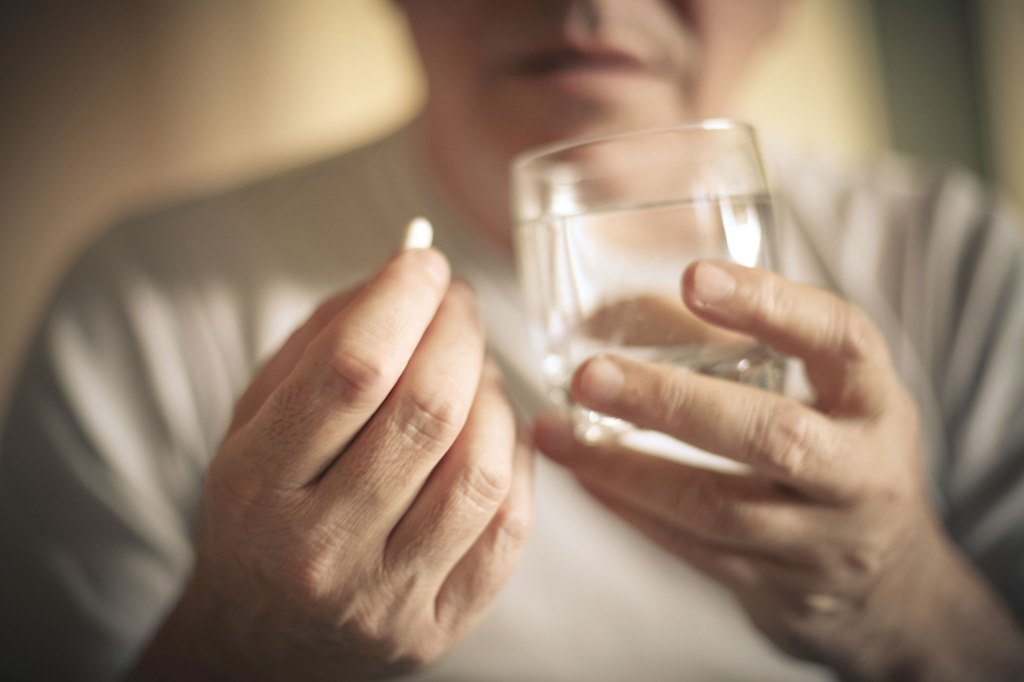
-
Birth control for cats?
A single dose of a naturally occurring hormone prevented ovulation and conception in female cats for at least two years.

-
Start of new era for Alzheimer’s treatment
Neurologist explains why recent trial of the drug lecanemab may offer hope for those with deadly disease.
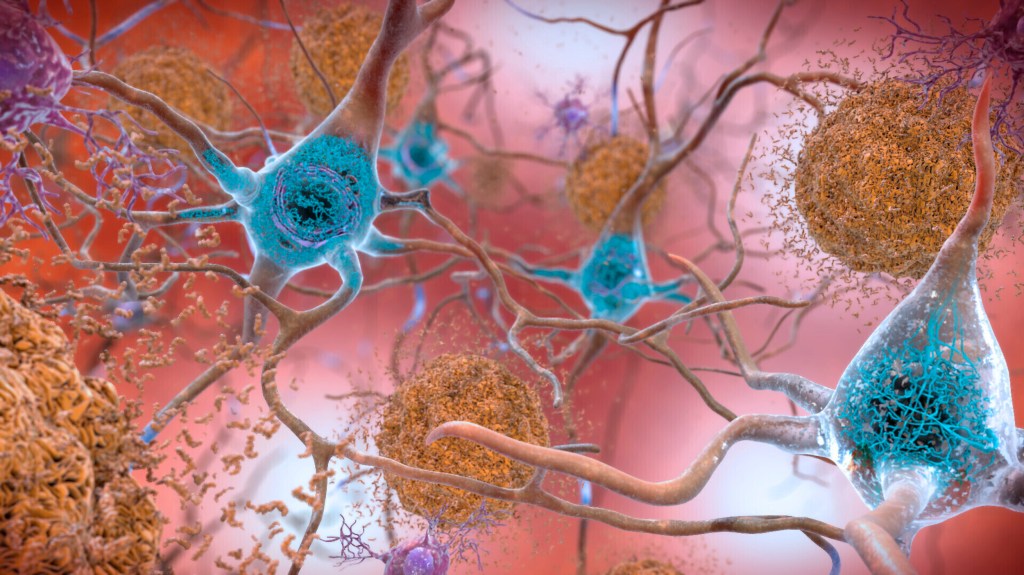
-
Ketamine found effective in treating severe depression
A new study finds ketamine as effective as electroconvulsive therapy (without its major side effects) for the treatment of nonpsychotic, treatment-resistant depression.
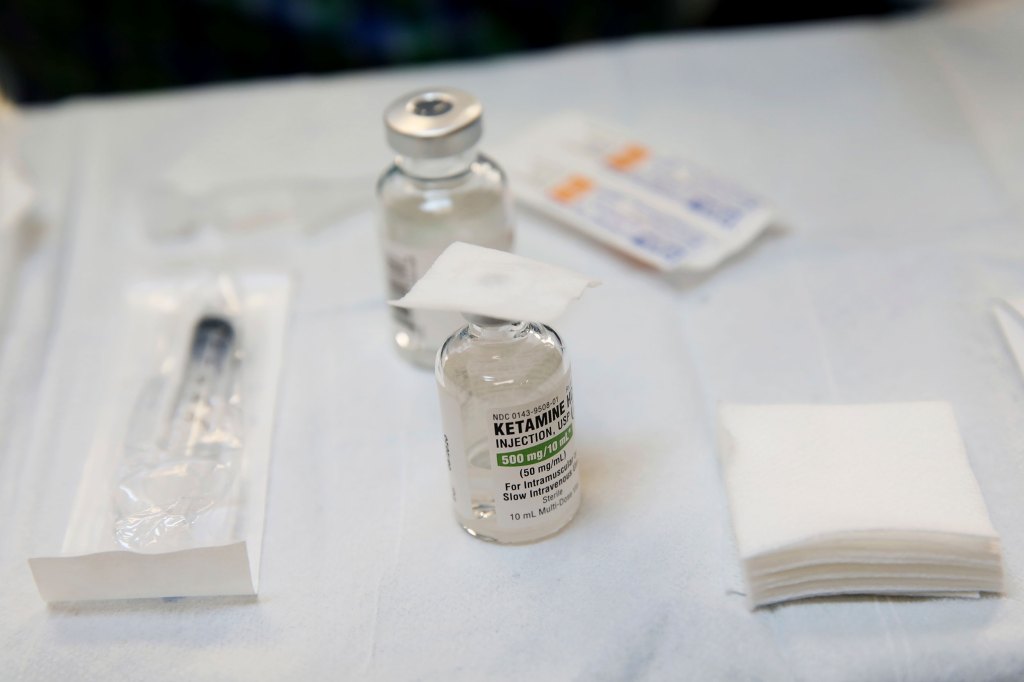
-
The brain on ketamine
It’s a powerful antidepressant, but science needs more answers on out-of-body experiences and other “dissociative effects,” says the first author Fangyun Tian.
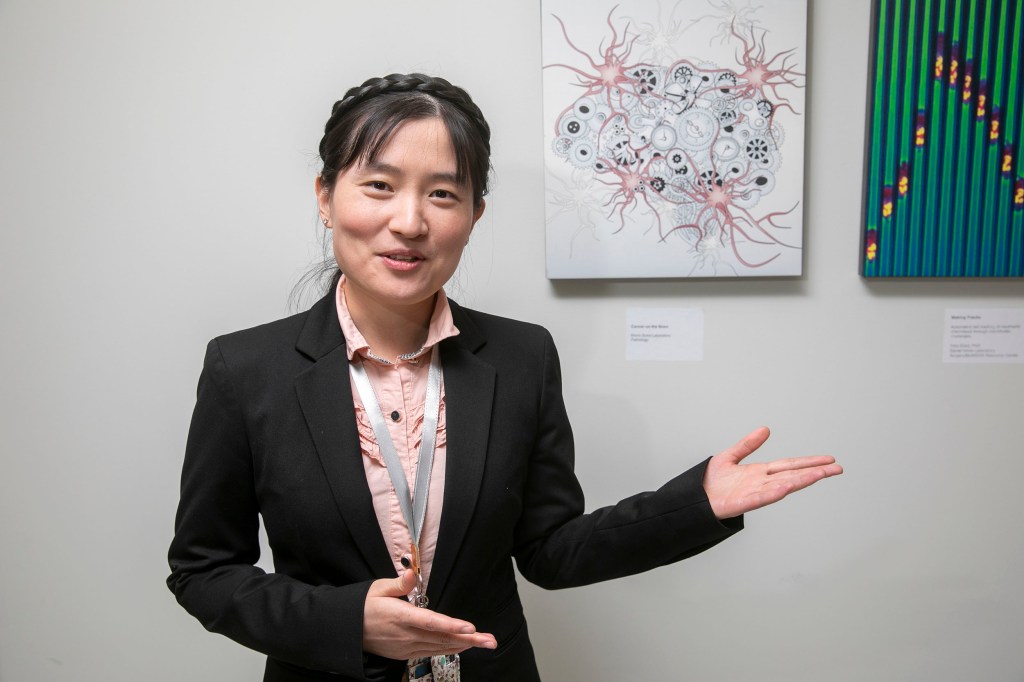
-
Estrogen a more powerful breast cancer culprit than we realized
A Harvard Medical School study shows the sex hormone estrogen — thus far thought to be only a fuel for breast cancer growth — can directly cause tumor-driving genomic rearrangements.
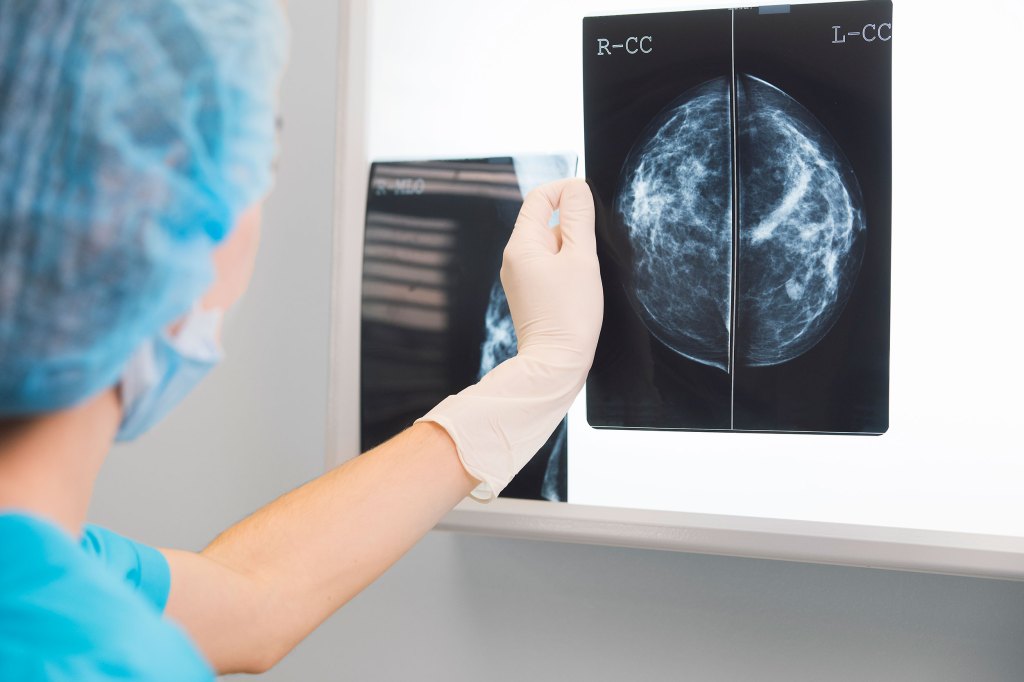
-
Newly identified genetic variant protects against Alzheimer’s
Researchers identified a first-of-its-kind patient with a genetic predisposition for early-onset Alzheimer’s disease who remained cognitively intact more than two decades beyond the expected age of memory impairment.
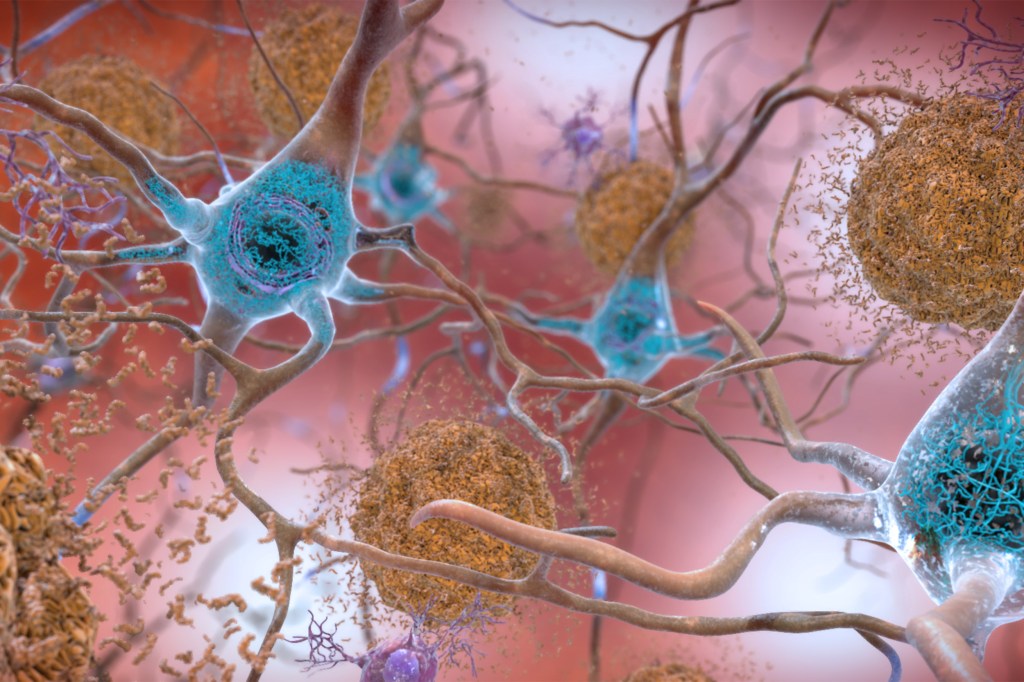
-
When to get first mammogram? Doctor explains latest advice.
Guidance shifts amid troubling breast cancer trends in young and Black women.

-
Deaths from alcohol-related liver disease soared during COVID
During the pandemic, American Indian and Alaska Native populations experienced nearly six times the mortality of white people from alcohol-associated liver disease.
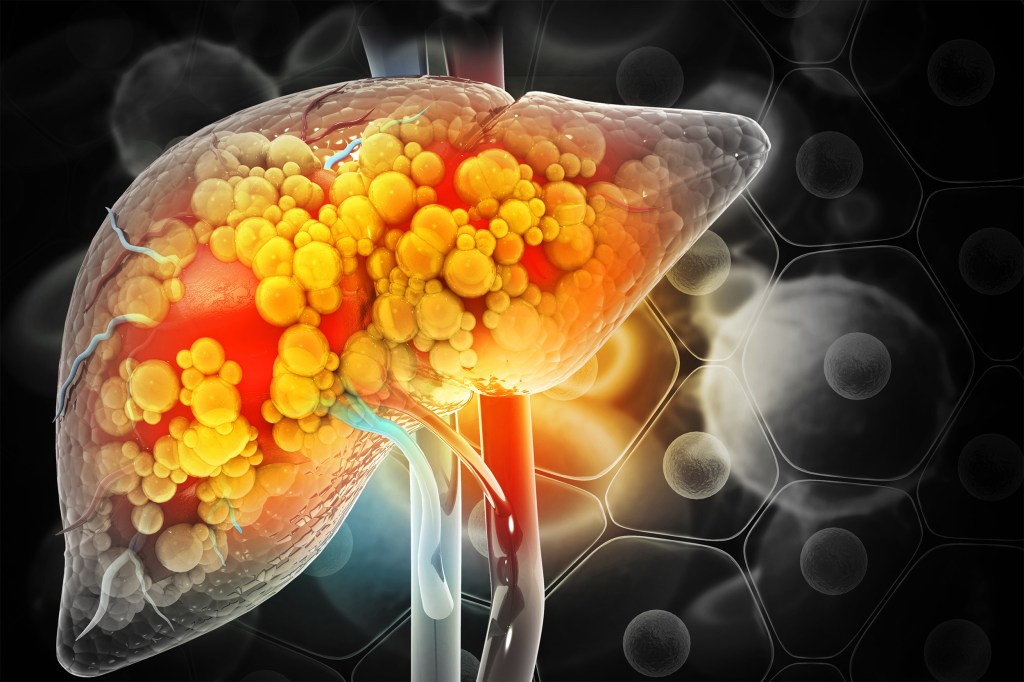
-
‘Happiness is not a destination … Happiness is the way’
Harvard Chan School of Public Health celebrates opening of $25 million Thich Nhat Hanh Center for research, approaches to mindfulness.

-
Expanding our understanding of gut feelings
Women who suppressed emotions had less diverse microbiomes in a study that also found a specific bacterial link to happiness.
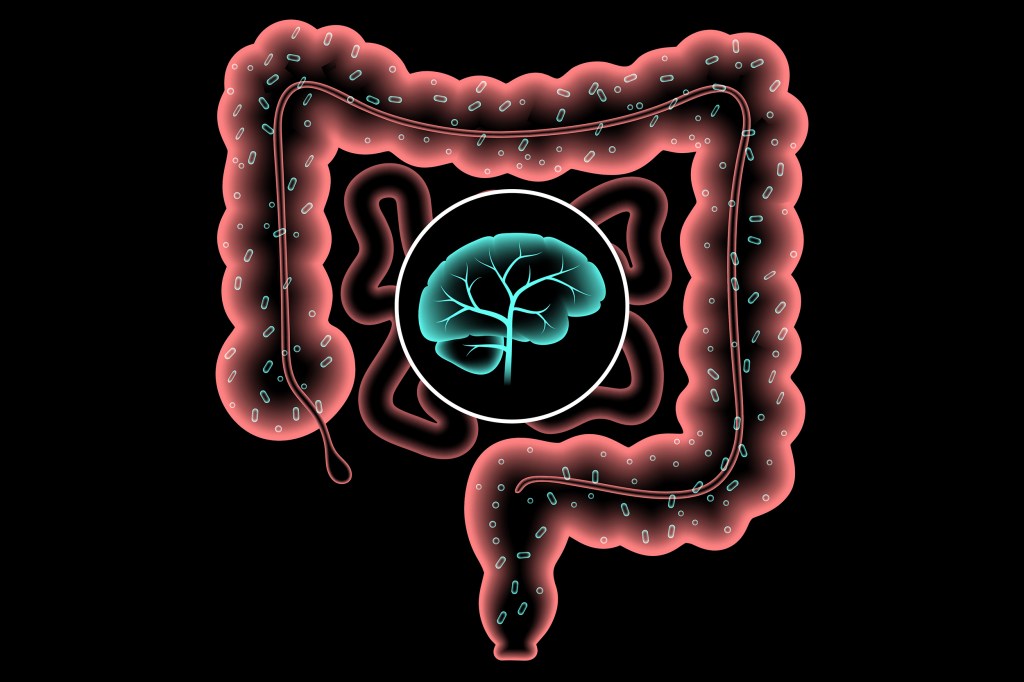
-
The promising weirdness of biological age
More than you might assume, say researchers who studied three triggers of severe physiological stress: pregnancy, COVID, and surgery.
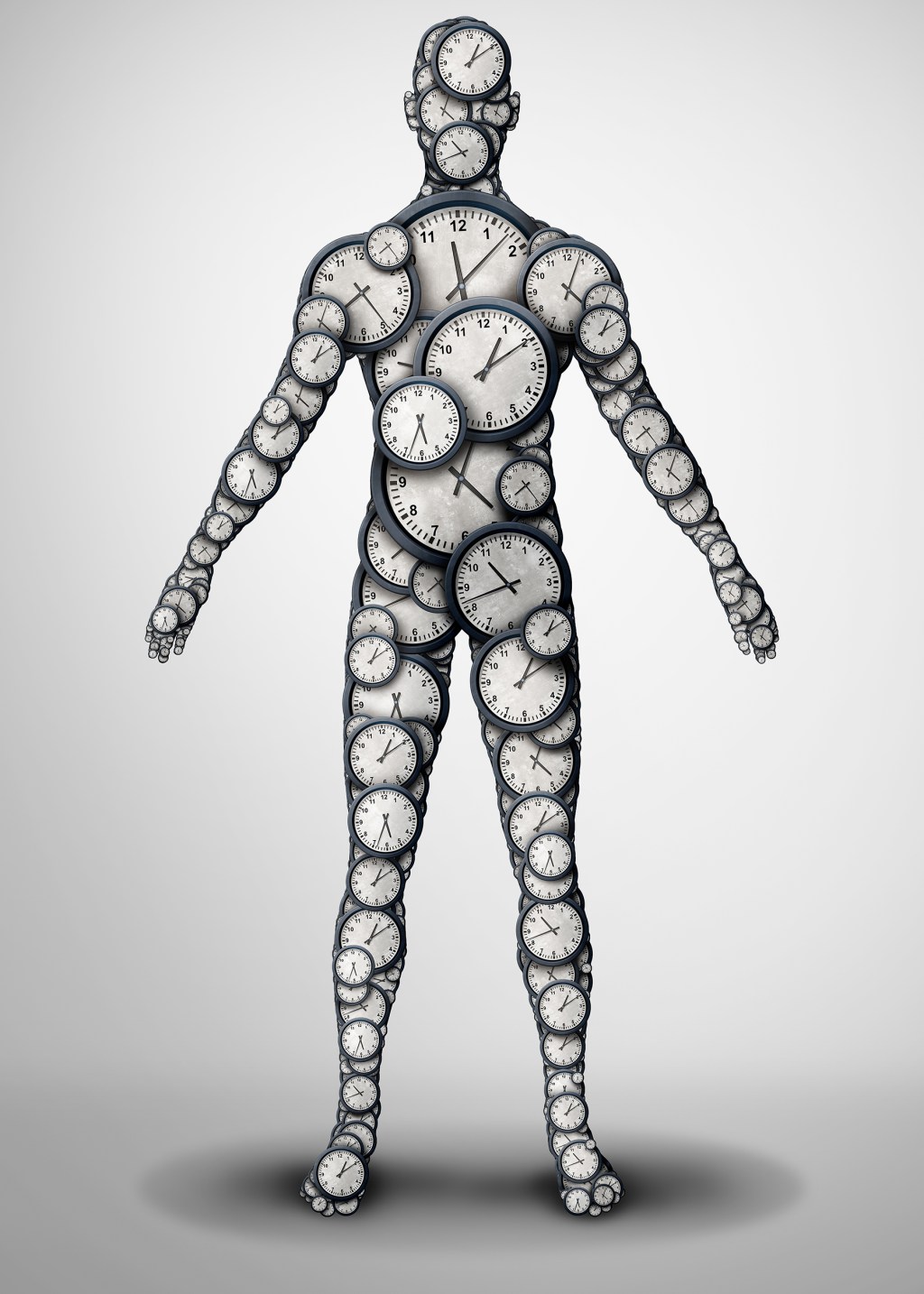
-
Bad for all, sugary drinks may raise early death risk for Type 2 diabetics
Large-scale study finds sugar-sweetened beverages linked with increased risk of cardiovascular disease and premature death for people with Type 2 diabetes.

-
Can ‘Law & Order: Special Victims Unit’ make difference in public policy, health?
Two physician-writers who’ve worked on series like “ER,” “SVU,” and “New Amsterdam” discuss medium’s power to educate.
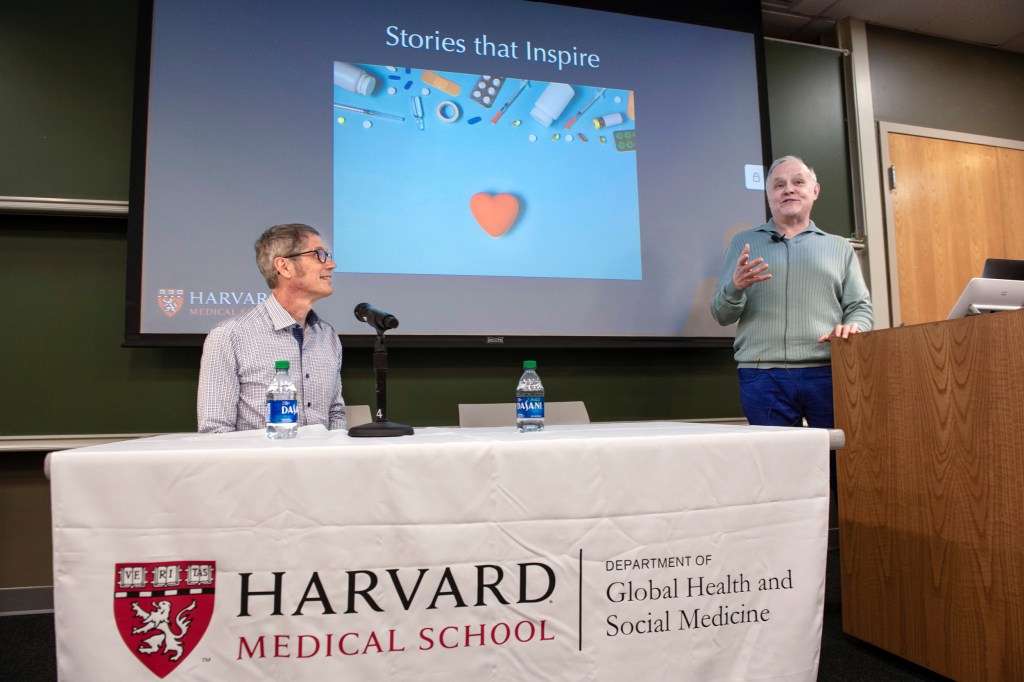
-
Who deserves a liver transplant?
With deaths from alcohol-related disease on rise, rules that deny patients life-saving care need revising, says researcher. How to ensure equity?
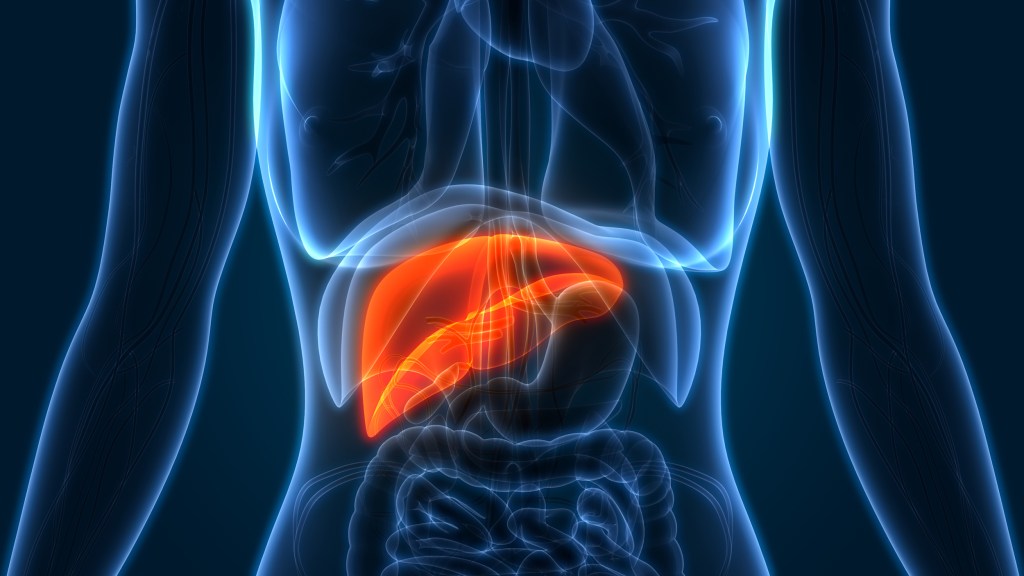
-
Take it from the experts, a pet can change your life
The health benefits of animal companions have been supported by science but not society, with the disadvantaged facing similar barriers to pet ownership as they do in securing proper healthcare, experts said at the Harvard T.H. Chan School of Public Health on Monday.
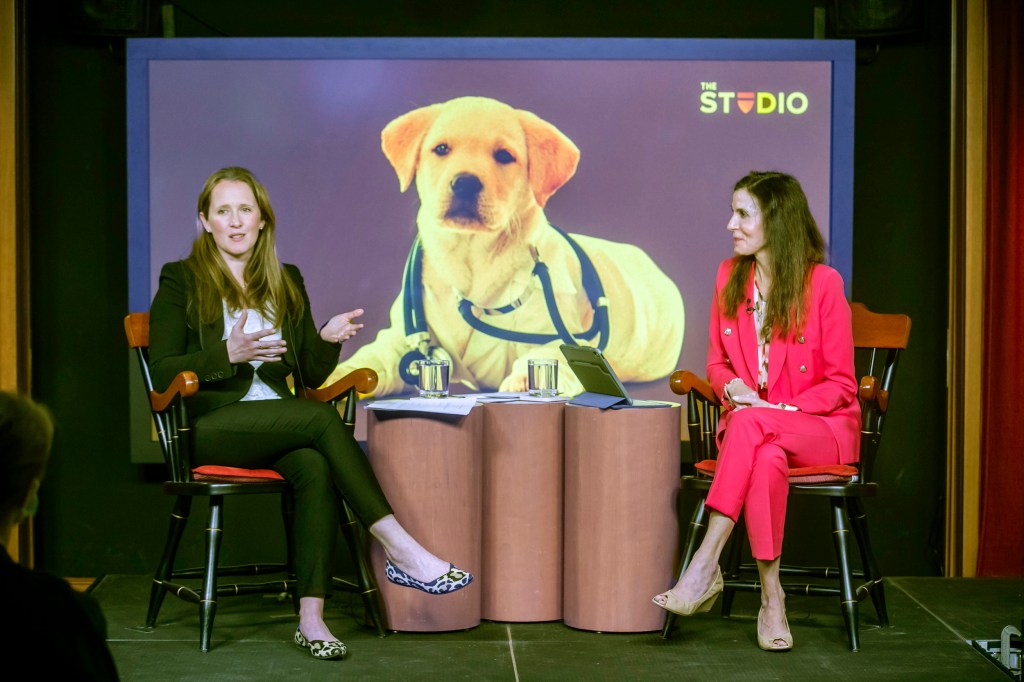
-
Elevated dementia risk even when pollution is below EPA standards
Exposure to fine particulate air pollutants (PM2.5) may increase the risk of developing dementia, according to a new meta-analysis from Harvard T.H. Chan School of Public Health.

-
New approach to slowing aggressive leukemia
Compounds that degrade proteins and block cell growth developed by Harvard researchers hold promise as a treatment for more types of cancer.
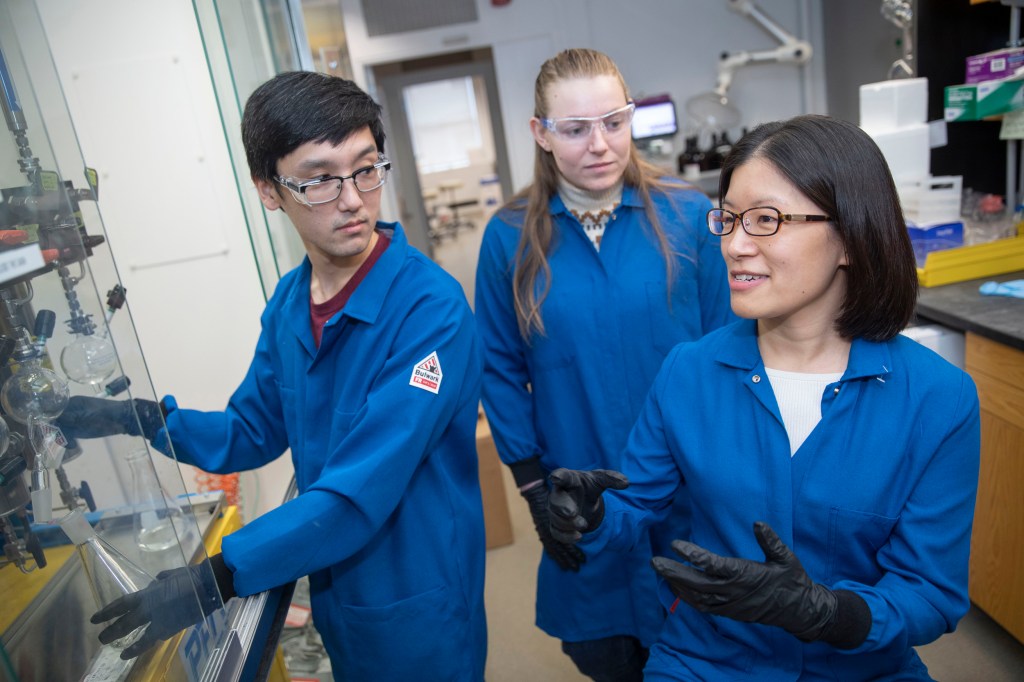
-
Doctors not the only ones feeling burned out
Through a national survey, researchers identified prevalent work overload, burnout, and intent to leave health care professions among nurses, clinical staff, and non-clinical staff, including housekeeping, administrative staff, lab technicians, and food service workers.
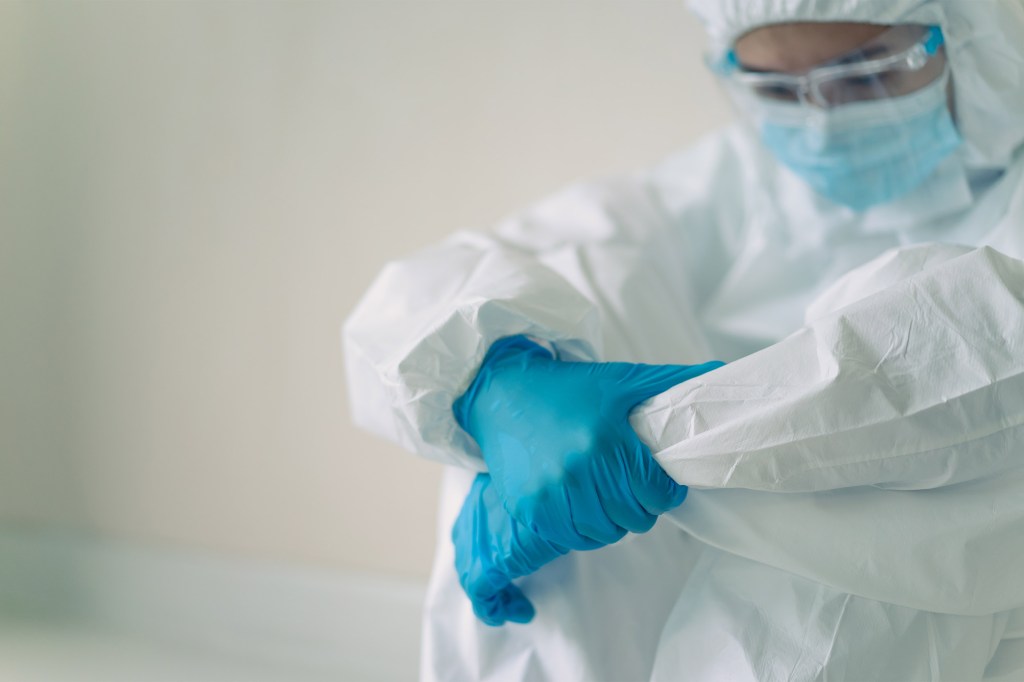
-
How Lucy, Betsey, and Anarcha became foremothers of gynecology
Hutchins exhibit, “A Narrative of Reverence to Our Foremothers in Gynecology,” centers around lives of three enslaved women who underwent unspeakable experiments without anesthesia for J. Marion Sims.

-
Speaking from experience on what makes a global killer
COVID-19 isn’t going away, but one day may be as severe as the common cold, says epidemiologist Larry Brilliant.
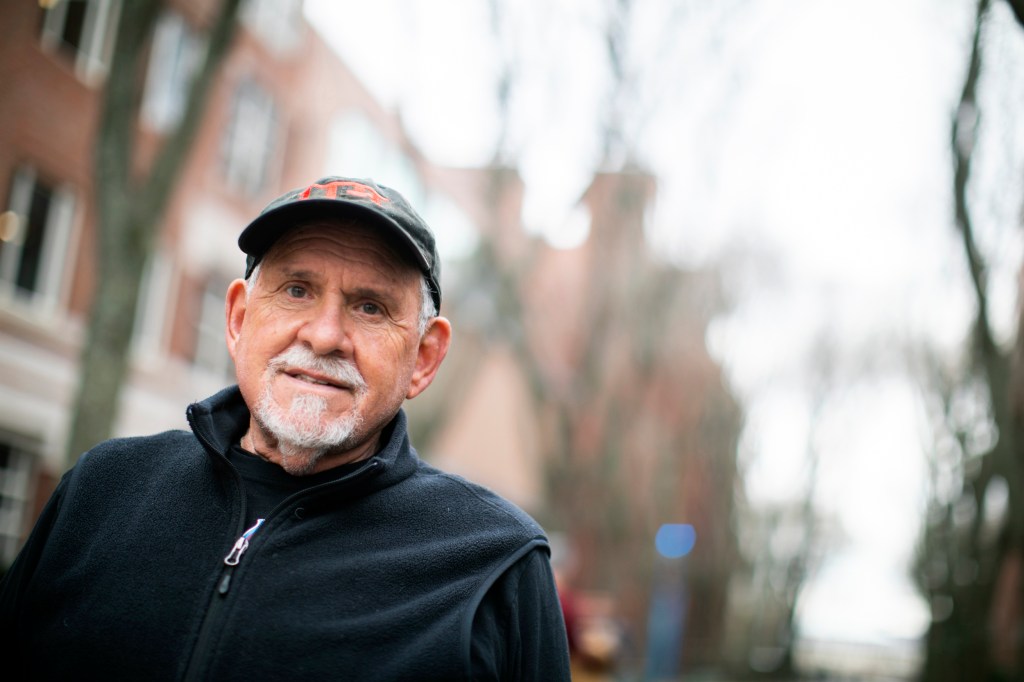
-
New FDA rules may help with prevention, detection of breast cancer
Radiologist explains how new rule on tissue “density” could aid prevention, detection of breast cancer, add to doctor-patient dialogue.
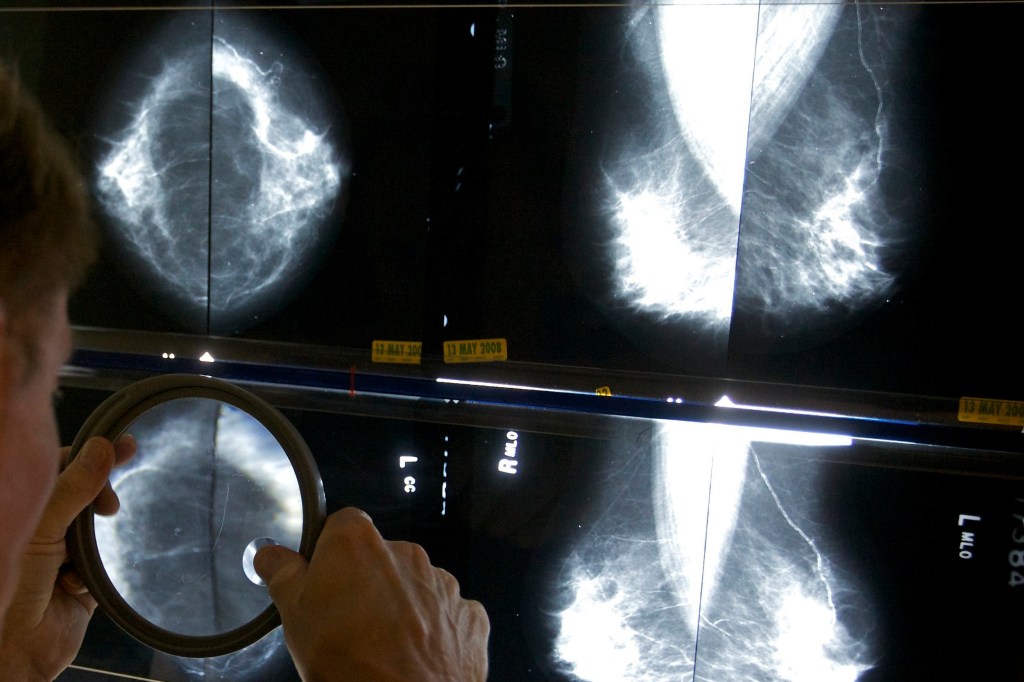
-
Why it’s so hard for doctors to show their human side
ICU clinicians often face a dilemma: compassion or efficiency.

-
Patients prefer bad news to no news
Patients who access test results through an online portal account overwhelmingly supported receiving the results immediately — including abnormal test results — even if their provider had not yet reviewed them, according to a recent survey.


